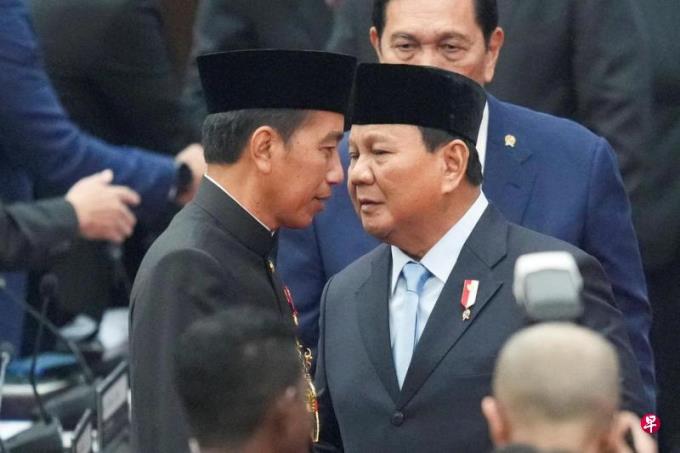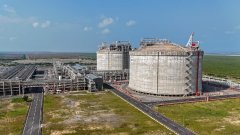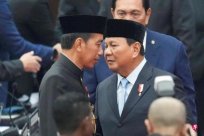
(Jakarta Reuters) Indonesian President Zoko has been in power for 10 years, and the state has entered the era of strong economic growth and large -scale infrastructure construction.The trust of other countries has declined.
Zoko was elected as the president in the early days of the president. He was praised because he had nothing to do with the military and folk oligarchs. When he left, he faced allegations that he tried to benefit the family members and compiled the control of the opponent of the state institution.
Singapore's senior visiting researcher at the Easov Isaf Issa East South Asian Institute, Singapore, said that the first term of Zoko was the period when he truly fulfilled his commitment, including improving the national medical insurance plan and the construction of large -scale infrastructure.
Zoko's second term has changed significantly.After he consolidated power, the allies hoped to revise the constitution and let him re -elected the third term, and then discussed the possibility of extending the term of office.
In the presidential election earlier this year, he abandoned the presidential candidate nominated by his affiliated party and helped Plabovo, and Prabervo chose his eldest son Giblan as the deputy.As a result, Zoko left the impression that he wanted to listen to politics.
In October last year, Zoko, who was in charge of the Constitution Court, let Giblan's qualifications for the election.In August of this year, Zoko Allied wants to practice the Fa on the 30 -year -old Zokko Kaisan to participate in the local elections at the end of this year.These two incidents were considered to be the Guo Camp weakened the national democratic mechanism.
Critics also said that Zoko allies threaten the opposition with rot accusations.The ruling member of the Gorka party leader of Gorca, the party leader of the corruption case, suddenly resigned on August 10, and was replaced by the Zakko ally Bachlier to take over as the party leader.Indonesian public opinion states that this is obviously one of the examples of Zoko's use of legal threats to obtain political interests.
A researcher at the National University of Australia said: "What we see is that the president is becoming more and more confident because he knows that he can escape."
Observer believes that this trend may continue during President Plabovo.
Plabowo is one of the elite elements of former President Suhado.He has advocated restoring the early constitution, that is, the president cannot be elected directly.In March of this year, Plabowo said that democracy was tiring, costly, and chaotic, but he has not mentioned the restoration of the old version of the constitution recently.
Political analyst Oorke said: "The political structure of the Suhajo era is likely to reproduce. Plabovo has stated that he will not tolerate any objections."
People generally praise Zoko's development infrastructure and economy
Although Zoko's polls have declined recently, there are still 75%, which is higher than his average support rate within 10 years.
In addition to some elite elements, the people generally praise the development of Zoko's administration, especially his contribution to infrastructure construction drives rural economic development.
According to the Jakarta Global News, in the past 10 years, the government has built more than 2,000 kilometers of tolls, 360,000 kilometers of rural roads, 1900 kilometers of rural bridges, 6,000 kilometers, 1.1 million hectares of new irrigation networks, 43 dams, and 43 dams, and as well as 43 dams, and as well as50 new ports and airports.
The rural population welcomes these changes, because road repair can promote the development of agricultural economic economy.In the past 10 years, farmers' income has increased from an average monthly to 2 million Indonesian shield (about S $ 167) to about 5 million Indonesia shields.
Trisa, a professor of economics at the University of Indonesia, proposed to award the title of "Father of Indonesia Infrastructure".
She said that the most praised aspect of Zoko is to focus on the development of the country's most surrounding areas. "Although these projects may not seem economic feasibility at the beginning, it will quickly see results and help reduce remote areas."Income gap".




